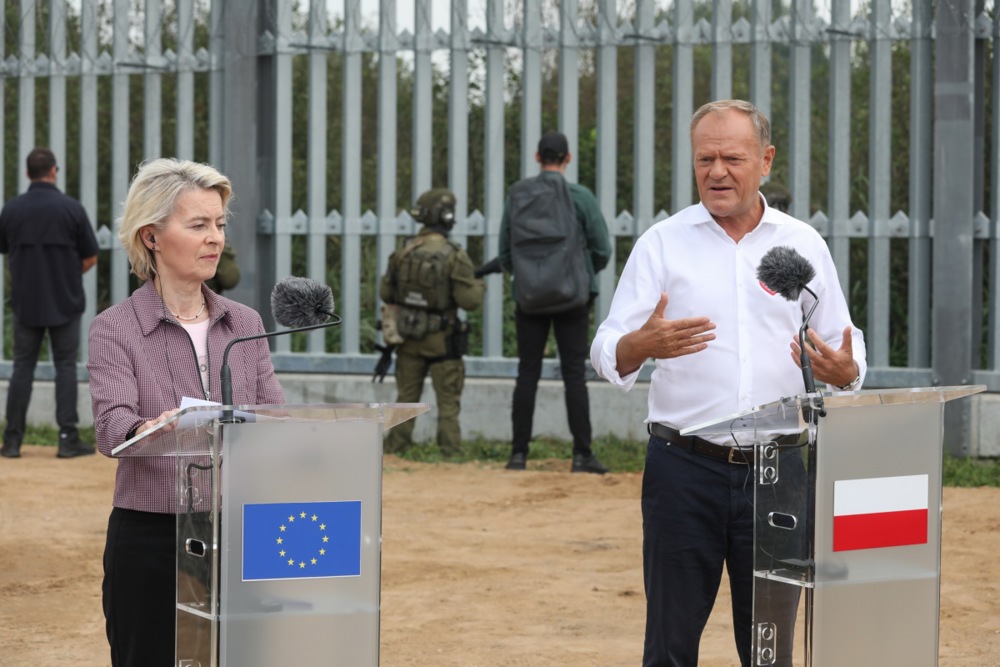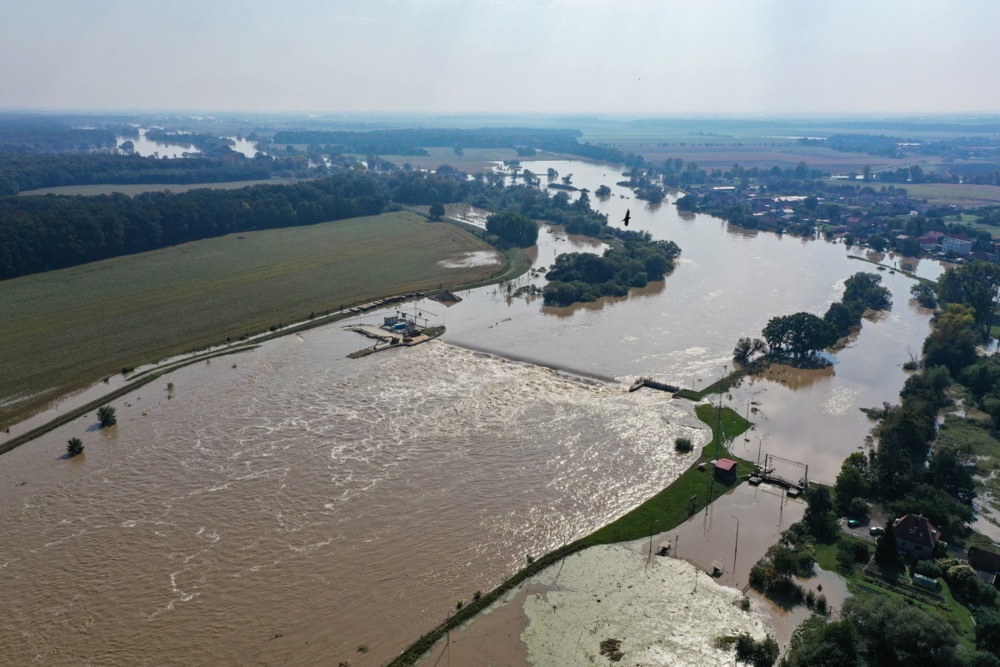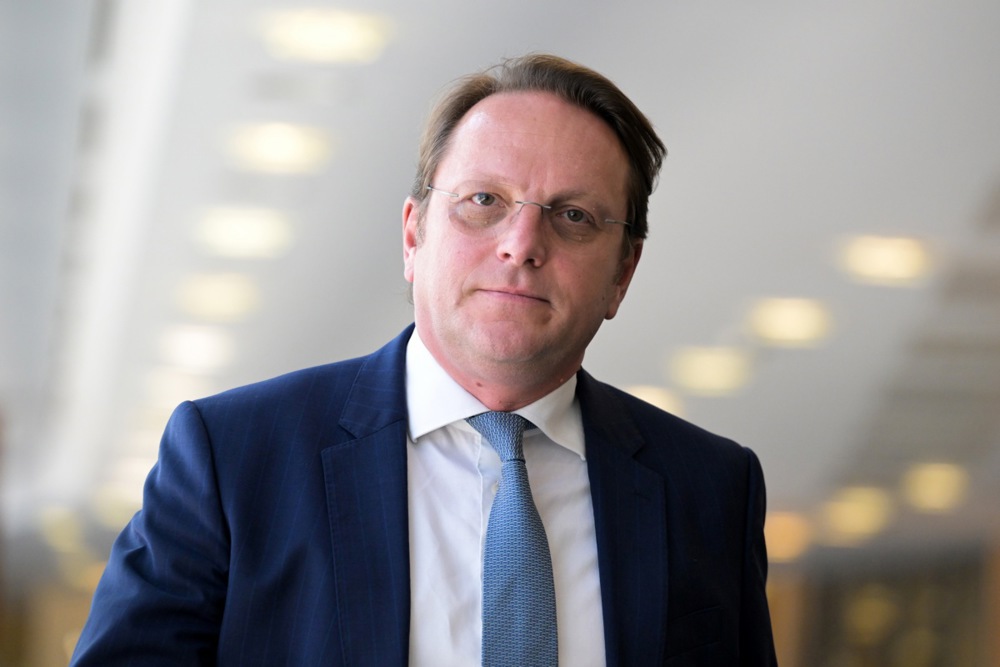The European Commission is preparing for the creation of an intelligence service designed to work with European Union member states’ intelligence services.
The plan has not been officially presented to the 27 EU nations but would involve seconding personnel from national intelligence services to the new authority.
Some EU member states’ diplomats viewed the new unit as von der Leyen attempting to extend her power and influence.
The move comes in response to pressure from Russia’s ongoing war in Ukraine and US President Donald Trump’s threats to limit security guarantees and intelligence sharing with Europe.
EC President Ursula von der Leyen wants to make EU security less dependent on Washington by pooling data and analysis from national agencies.
EC spokeswoman Paula Pinho told news agency Reuters yesterday that the new dedicated unit would strengthen security in the midst of geopolitical tensions.
“We are in a challenging geopolitical and geo-economic environment and the Commission, because of this, is examining how to strengthen its security and intelligence capabilities,” Pinho said.
She added that the unit would “complement the services of the European External Action Service and play a key role in the preparation of the so-called Security College”.
The Security College comprises the 26 commissioners and the EC President. It met for the first time in March when the EC expanded its security remit.
The Financial Times had earlier reported that the EC had started setting up a new intelligence body under on der Leyen in an attempt to improve the use of information gathered by member states’ security agencies
The unit, to be formed inside the EC’s secretariat-general, plans to hire officials from across the EU’s intelligence community and collate intelligence for joint purposes, the FT reported.
“The intelligence services of the EU Member States know a lot. The Commission knows a lot. We need a better way to put all this together and be effective and useful to the partners. In intelligence, you have to give something to get something,” said a source of the EC’s plans, as reported by the FT.
Brussels insiders believe that, although it would be obliged to work with with the European External Action Service, it could undermine the influence of EC foreign policy chief Kaja Kallas while strengthening von der Leyen’s position.
Some senior EU diplomats criticised the plan, fearing dual structures and power struggles in Brussels, according to reports.
It is not clear at this stage whether the EC is moving towards seeking the power to co-ordinate the work of intelligence services across Europe or what its relationship with NATO, responsible for the security of most EU states, would be.
According to broadcaster Euro News, diplomats feel member states will be resistant to the idea of such a service, fearing a loss of influence over a critical area of national security.





